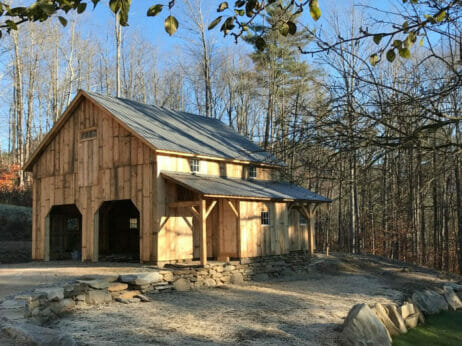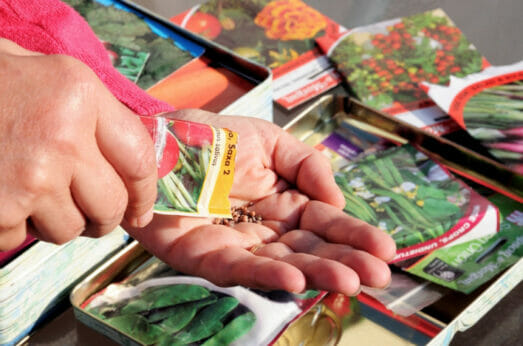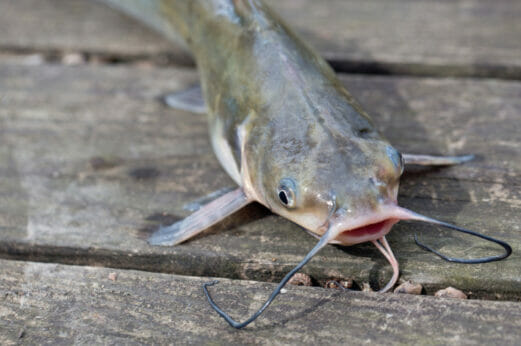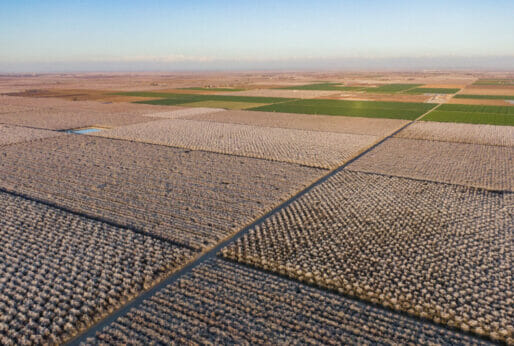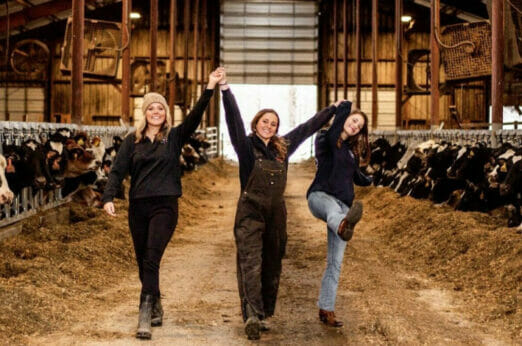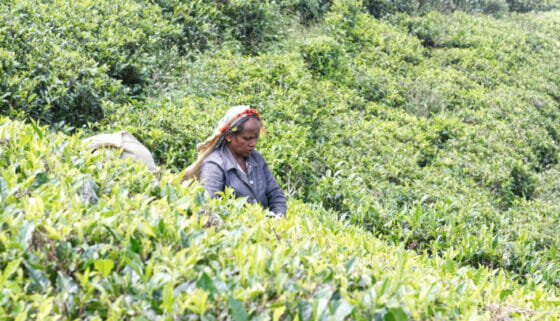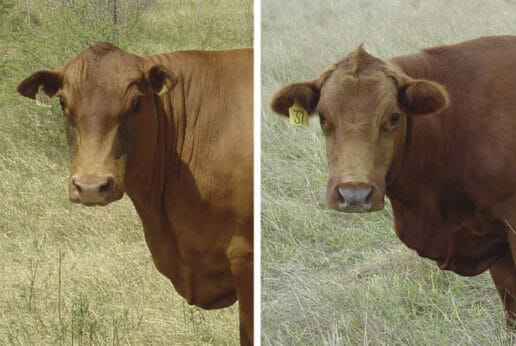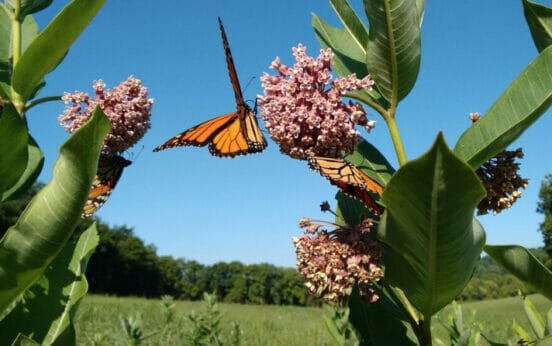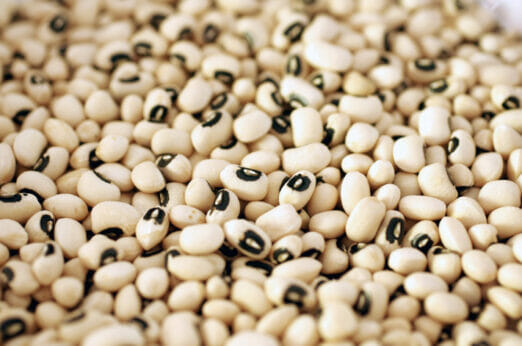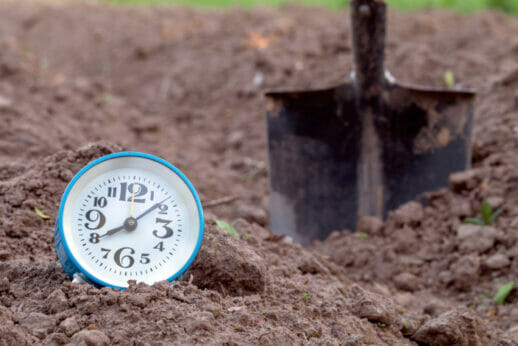Revisit your favorite stories, and catch up on the ones you missed this year.

This year brought us a host of great stories. From invasive plants to federal farming regulations, and of course, the most controversial method of standardizing time, each of these stories sparked discussion and debate. Here are the top ten stories you couldn’t stop talking about this year.
10. Building a Better Barn
After considering the climate and the cost benefits of using local materials in the midst of a supply chain crisis, writer Anne N. Conner opted for traditional construction methods when it came time to build my new barn.
9. SNAP Benefits Can Be Used to Buy Seeds. Why Isn’t That Well Known?
The largest federal nutrition assistance program allows participants to purchase seeds and seedlings, which should, in theory, help low-income gardeners grow their own food.
8. Expensive Catfish Regulation Fails to Reel In Results
A controversial USDA inspection rule has had unintended consequences for the farm-raised and wild-caught catfish industries—as well as the food system they’re meant to support.
7. What the Future of Almonds Looks Like in a Dry California
The state grows the vast majority of the global almond supply. As water becomes scarcer, what will happen to this versatile crop?
6. Meet the New York Dairy Sisters Showcasing Real Life on the Farm
The Leubner sisters are using social media to connect with and educate a younger generation of could-be farmers.
5. Sri Lanka’s Organic Experiment Went Very, Very Wrong
Last year, the country implemented a countrywide ban on agrochemicals and fertilizers. It backfired—big time.
4. FDA Approves First CRISPR Cows For Beef
The genome-edited cattle were bred to endure climate change, and their offspring will be used in meat production.
3. Farmers’ Battle Against, and Now For, Milkweed
How agriculture and conservation are coming together for the survival of the endangered monarch butterfly.
2. Science Says You Can Swap Your Fertilizer For Black-Eyed Peas
A main ingredient for your Hoppin’ John? Yes. An eco-friendly alternative to fertilizer? Also yes.
1. It’s Time to Put Daylight Saving Time to Bed
We asked, and you answered. Here’s how farmers really feel about setting their clocks one hour forward each spring.
